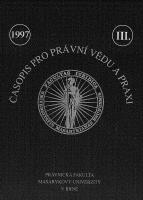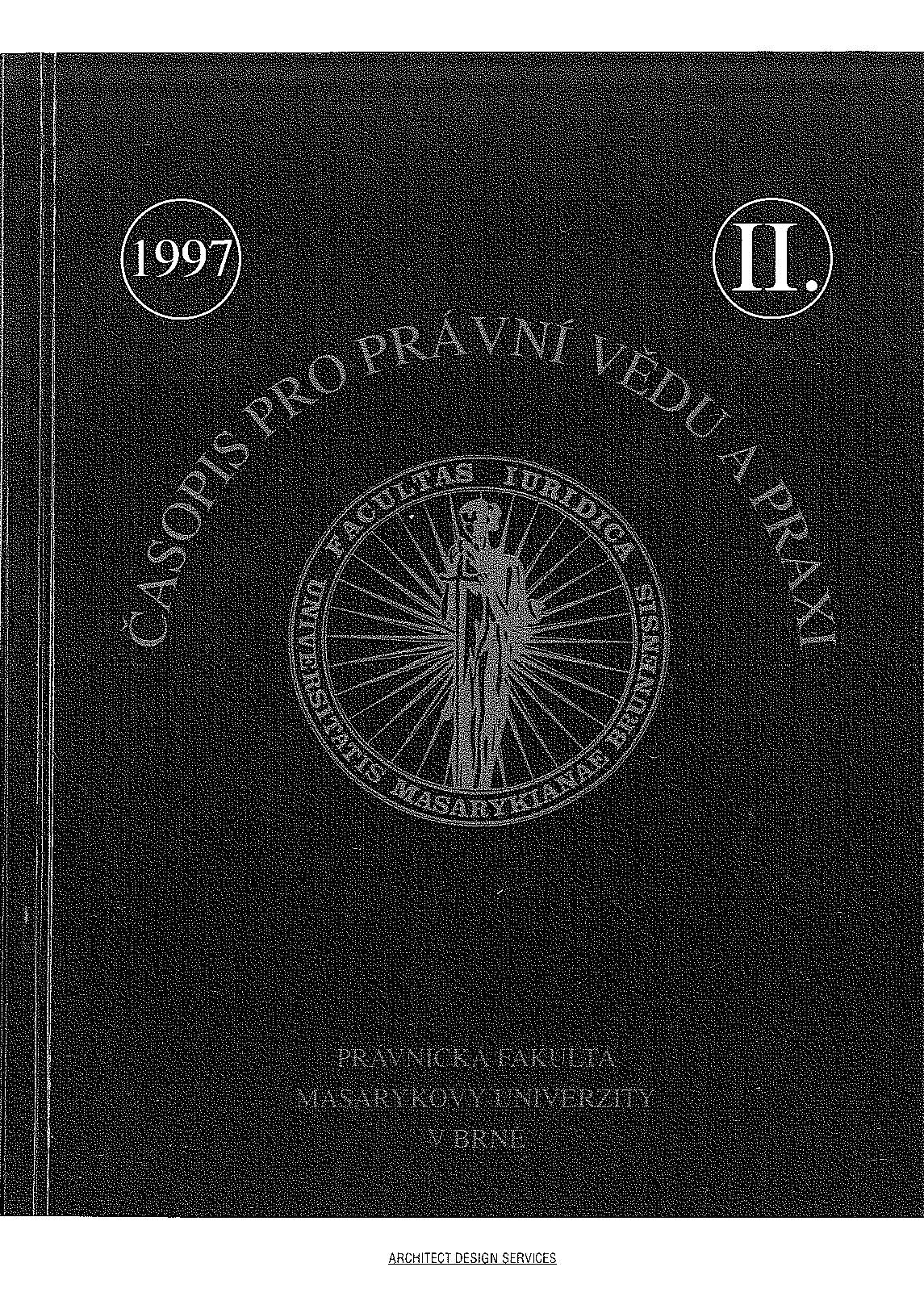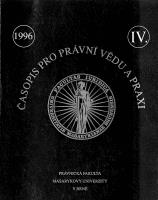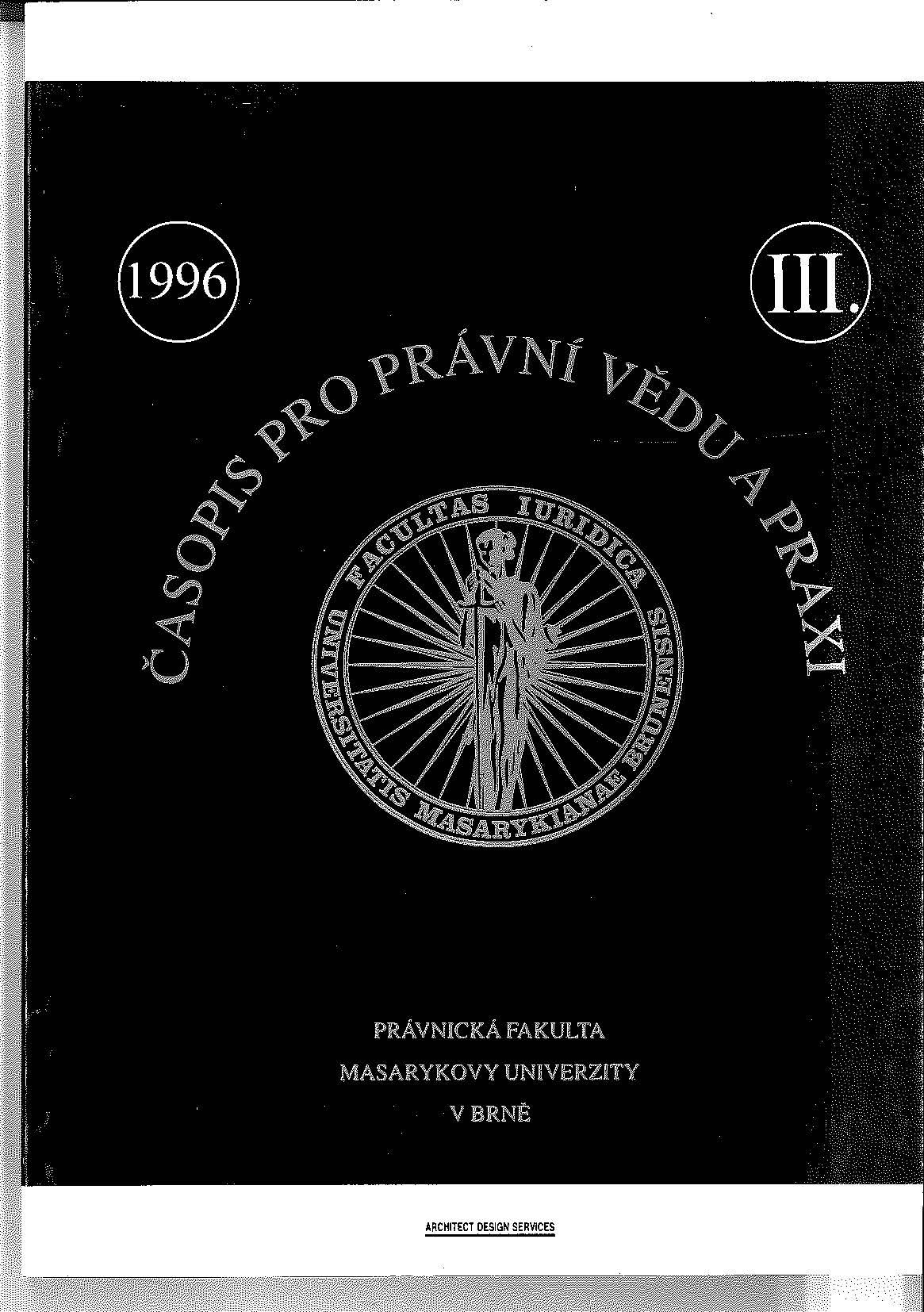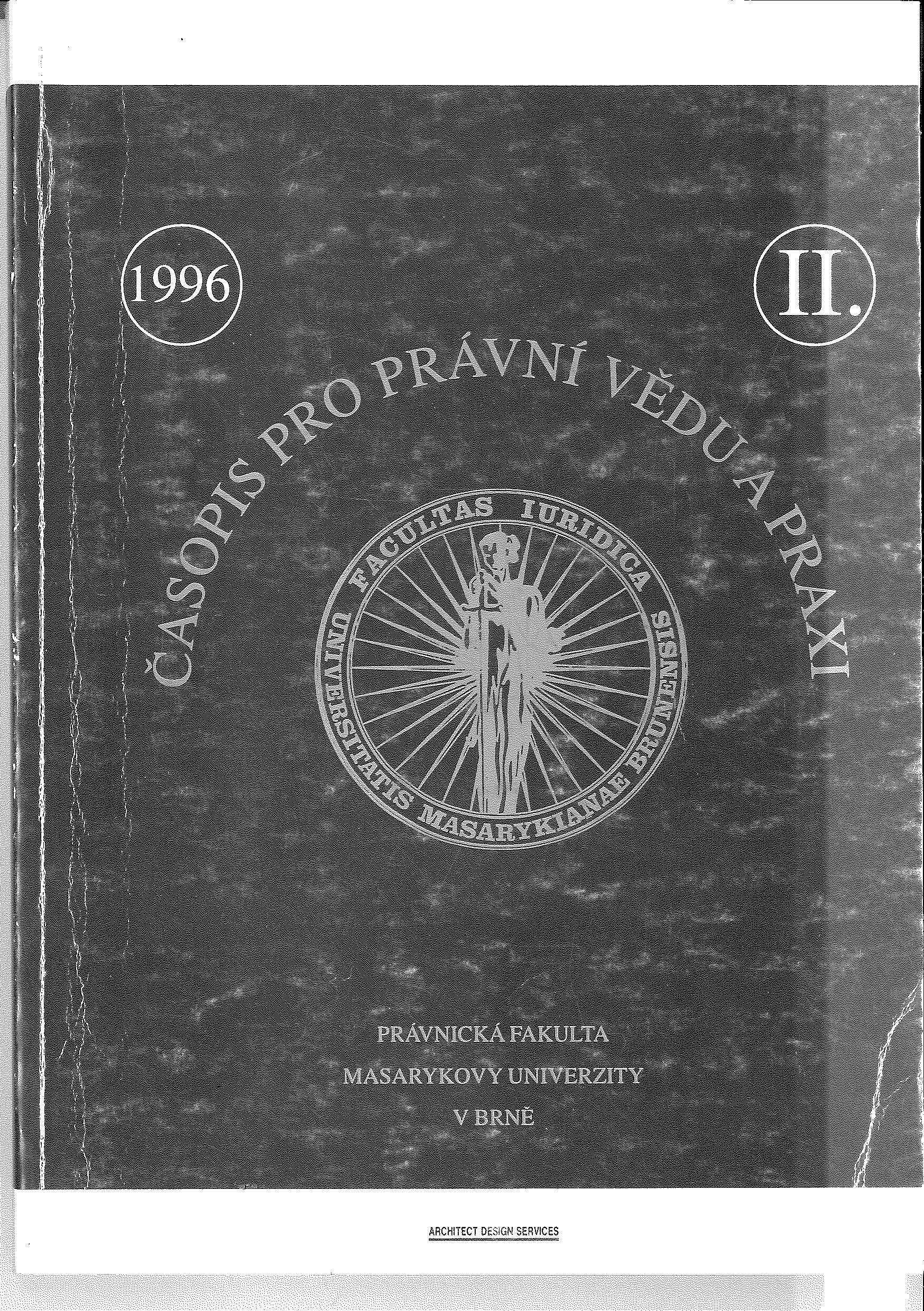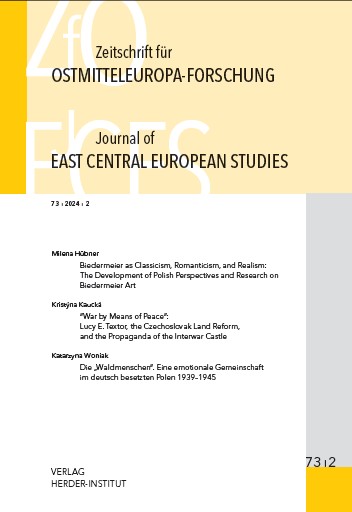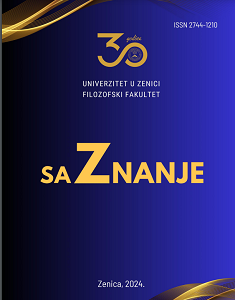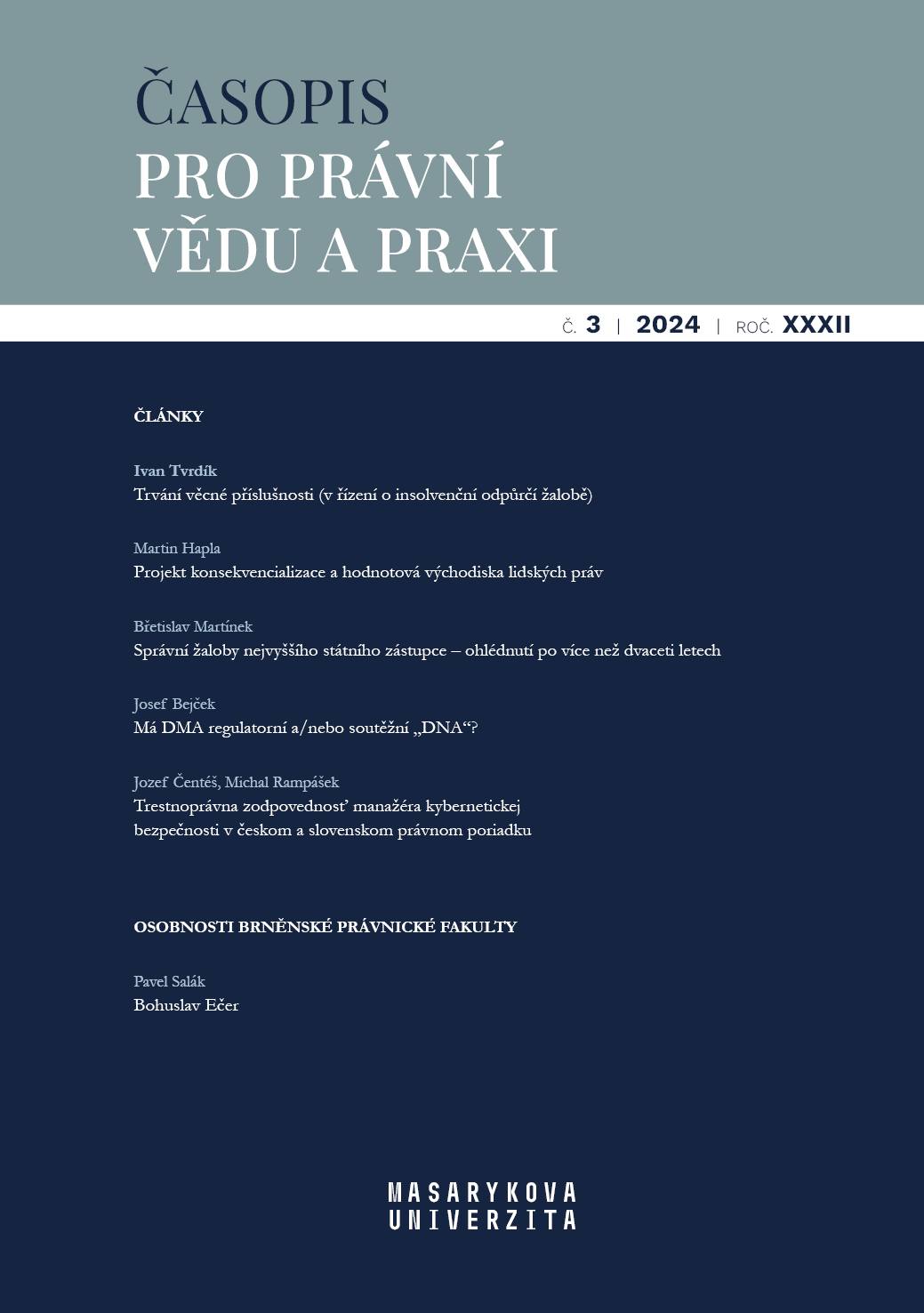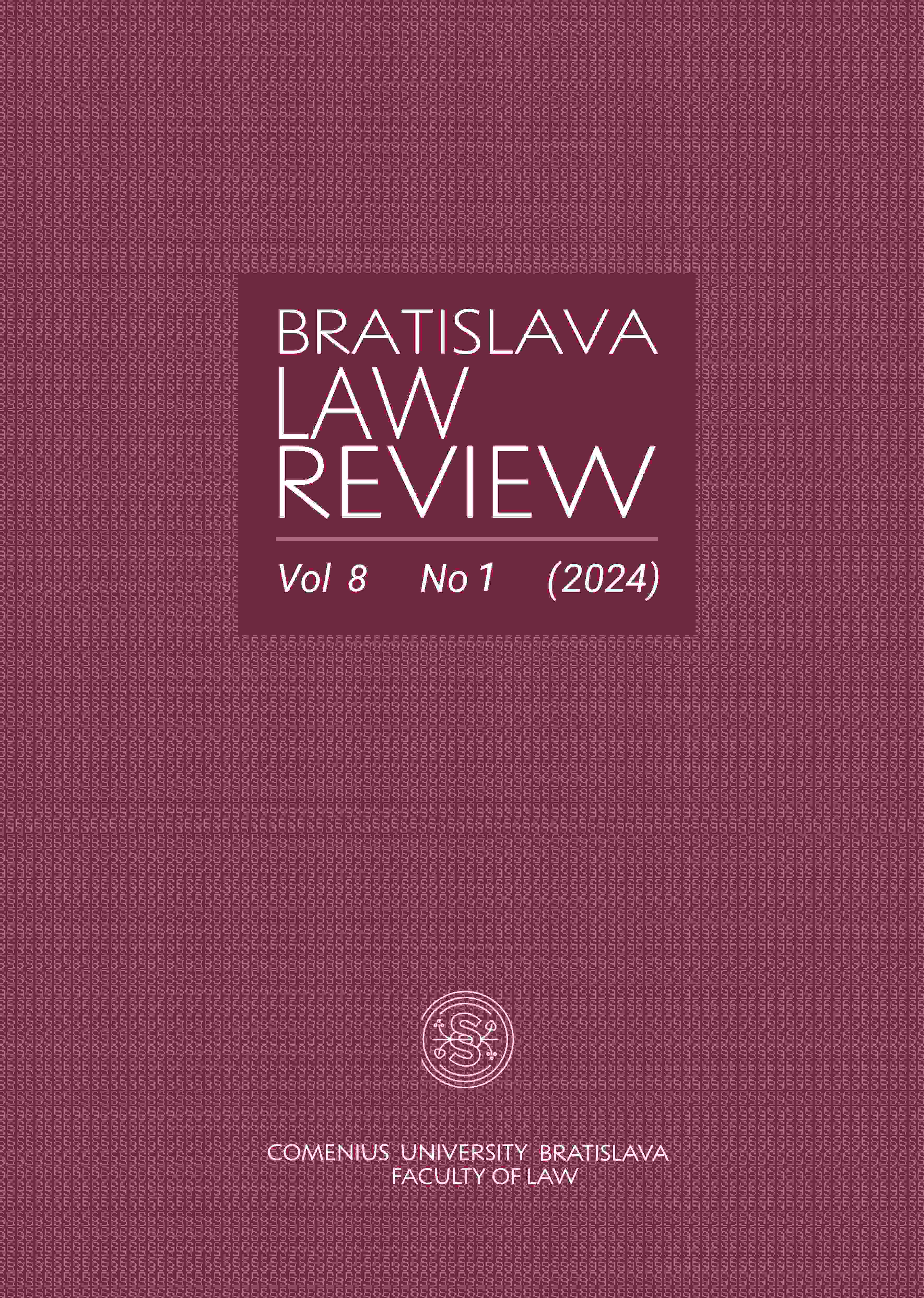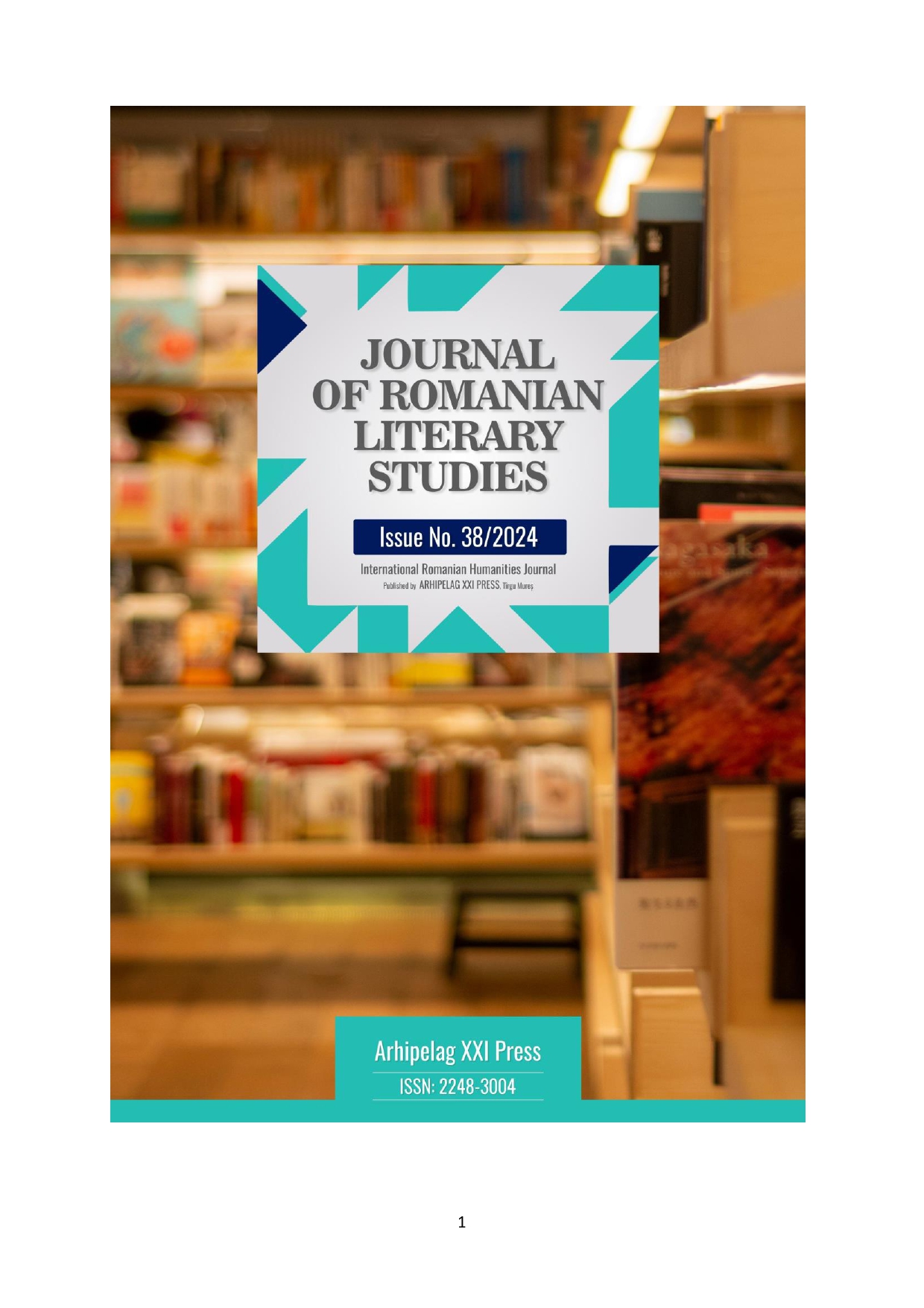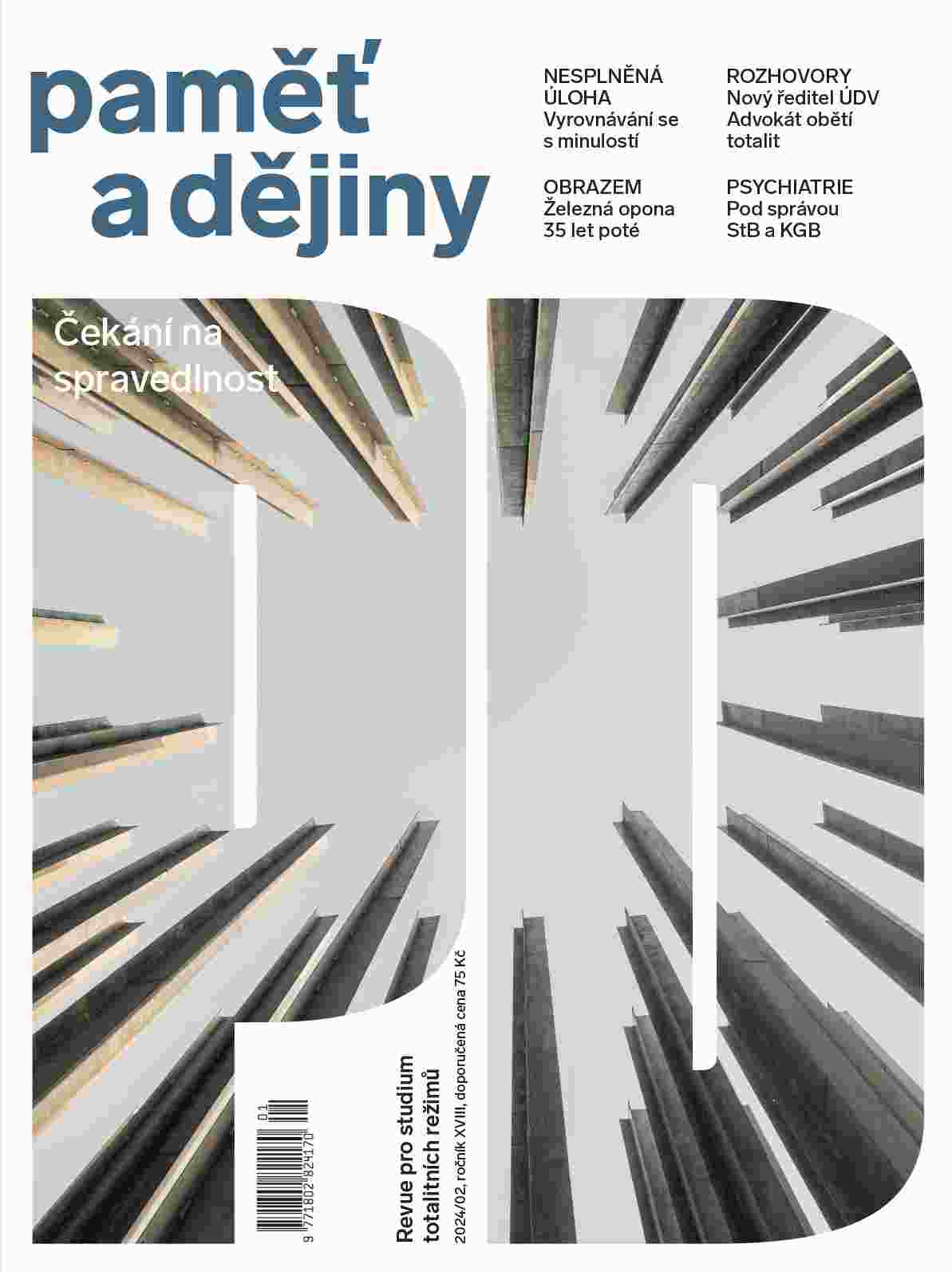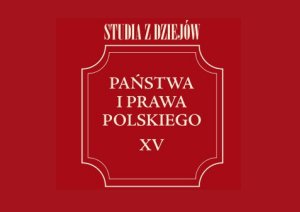
Ius cogens czy ius dispositivum? Kilka uwag o charakterze norm prawnych na starożytnym Bliskim Wschodzie
Celem artykułu jest analiza charakteru i zakresu zastosowania norm prawnych na starożytnym Bliskim Wschodzie. W pierwszej kolejności omówione zostały królewskie akty normatywne, a w szczególności tak zwane kodeksy prawne oraz edykty mišaru, następnie zaś – normy prawa zwyczajowego. Analiza ta prowadzi do wniosku, że choć swoboda umów na starożytnym Bliskim Wschodzie była znacznie szersza niż dzisiaj, ograniczały ją imperatywne normy prawa zwyczajowego. The paper concerns the nature and scope of applicability of law in the ancient Middle East. It first discusses royal normative acts, especially the so-called codes of law and mišaru edicts, and proceeds to an analysis of customary law to conclude that while laws allowed parties a much greater freedom in shaping their legal relationships in the ancient Middle East law than they do today, such freedom was limited by imperative standards of customary norms.
More...
